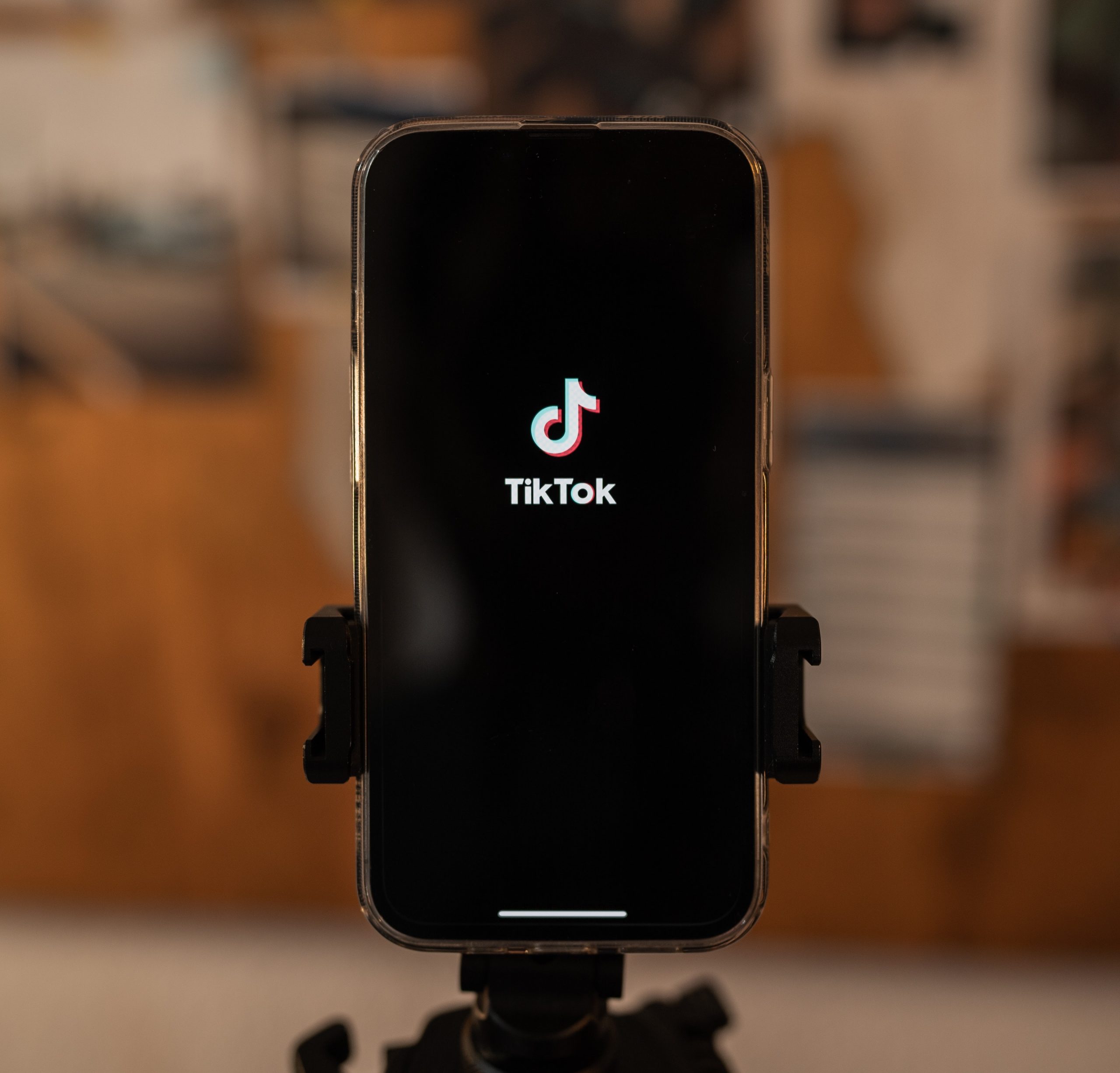Did You See the TikTok about Macron?

Do we need to be fluent in memes to keep up with political discourse?
Cheese, bread and food in general – the French might be experts in cuisine but what they truly excel in is striking and public disobedience. French President Macron wants to raise the national pension age from 62 to 64 years which caused massive opposition from the French population. Almost everyone seems to be set in motion to show their discontent with the government’s plan, in a fashion which seems impossible in neighboring states. What is attracting immense attention, simultaneously, are humorous takes and memes based on burning objects on streets and interviews of the French president. Are memes nowadays inseparable from political discourse?
Before the memes came the actual political event: A raised pension age, discussed since the beginning of this year, which would remain below the level of other states of the Organization for Economic Cooperation and Development (OECD), aroused the outrage among the French population. From the onset, the French were anything but pleased by the proposed policy measure. Macron, determined to pass it, chose to forge through his plans by using controversial special constitutional powers, which allow him to override the parliament. What followed was an escalation of public protest from all parts of French society. On Thursday night, the ninth day of nationwide protests since January, the anger reached a boiling point. The clashes between protesters and the police became more severe, which resulted in the arrest of over a hundred people. One of the triggers of the latest escalation was president Macron’s live TV appearance on Wednesday where he defended his plan to raise the official retirement age. He ruled out any change to the unpopular policy and a reshuffle of his government. When the president chose to defend his position, the French chose to increase public disobedience.
Naturally in our current times, not only news broadcasts but also social media platforms enable people around the world to witness the current outcry of indignation in the West-European state. And, outside news broadcasting, videos of people dining in a restaurant while the street outside the windows is burning and parts of Macron’s interview become memes. Memes that transform public disobedience into a pop-cultural reference point. Are they the future of political discourse?
Politicians have been popular societal figures since monarchical times, however, the adaptations on social networks tend to feel more extreme. What distinguishes memes from caricatures and comics, which were to be found in newspapers for the past centuries, might be the speed of their distribution and alteration. Adding a written caption to a picture with humorous quality already creates a meme and posting it on a platform of your choice is a matter of seconds not hours as in printed newspaper copies. TikTok further popularized lip syncing of audios to create new content with the creator’s own video material. The audio is now merely a loose reference point to a new storyline. The most popular TikTok sounds change every week and are actually not seldom connected to politics. It seems to take little to become a new reference point on social media. Initially, yes. The most essential attribute of a meme is that it is part of collective consciousness which can be referred to as ‘digital folklore’. The more humorous, relatable, emotional and shareable the higher the potential to become a pillar of the digital landscape.
Researchers of modern forms of communication declare that memes are a language in themselves and have the capacity to exceed cultures and construct new collective identities. They can be powerful tools for self-expression, connection, social influence and, as present here, political discourse or even revolution.
Most members of generation Z would not dare to doubt the existence of digital culture where memes can be seen as a way of holding a conversation – a language that drives interaction, criticism and awareness. Seeing videos which use a part of an interview with French President Macron where he justifies his pension reform (see example) might make users aware of political events and ultimately inform them, just in a less traditional manner. Contact to political topics now happens where the young generation spends a large portion of its time, which makes political topics more accessible and creates a lower threshold. The potential pitfall is, nevertheless, that engaging with memes will be perceived as sufficient to understand current politics. Sparking the idea that spending time on social media will replace engagement with credible news sources.
Obviously, small videos and pictures cannot paint the entire picture of a political situation, but they should not be underestimated either. They conceal complexity and culture beneath their simple exterior. Just as any other cultural product, its meaning is constructed and only further background knowledge explains its relevance and actual meaning. Its simplicity is also a way of revealing other points of criticism. Engaging with political memes does not inevitably lead one to disregard truthful media sources. We should rather see it as an extension and integration in other parts of life. Political memes can make politics more publicly discussed and more interesting in times where we are overstimulated and less prone to concentrate on content for longer than a couple of seconds. If a meme thus triggers interest in politics, should we actually encourage it? Oui, peut-être.
Further Readings:




Interesting zebet